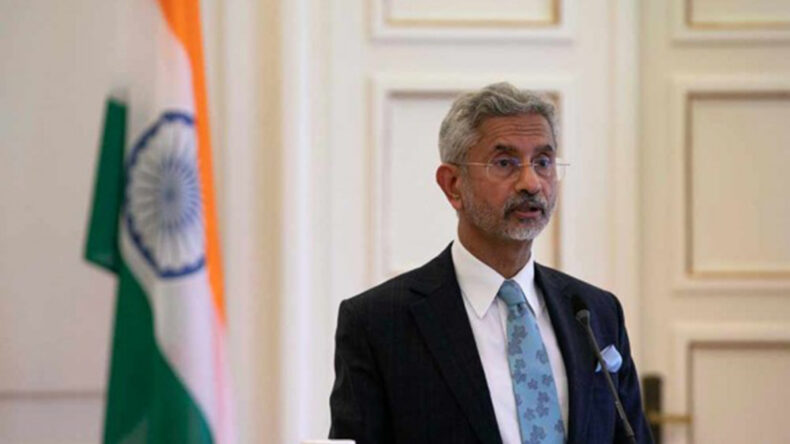India’s Foreign Minister, S Jaishankar, has affirmed that India has no plans to become a member of NATO, emphasizing that the military alliance is not a viable option for India. This statement is a response to the recent suggestions made by a committee in the US Congress.
India’s External Affairs Minister, S Jaishankar has made it clear that India does not have any plans to become a part of the North Atlantic Treaty Organization (NATO), which is predominantly led by Western nations. Jaishankar emphasized that India finds the military alliance unsuitable for its interests.
During a press conference commemorating the nine-year tenure of PM Narendra Modi’s government, the Foreign Minister reaffirmed India’s Non-Alignment stance saying that NATO is not appropriate for India in response to a suggestion by a US House panel to include India in NATO.
The discussion surrounding India’s potential membership in the 30-member military alliance has gained significance following a recent recommendation from the United States Congressional Committee on the Chinese Communist Party (CCP) to include New Delhi as a member.
The Proposal
The committee suggested the enlargement of NATO Plus to incorporate India. NATO Plus is a security framework that incorporates NATO with five allied countries, including Australia, New Zealand, Japan, Israel, and South Korea, to strengthen international defense cooperation.
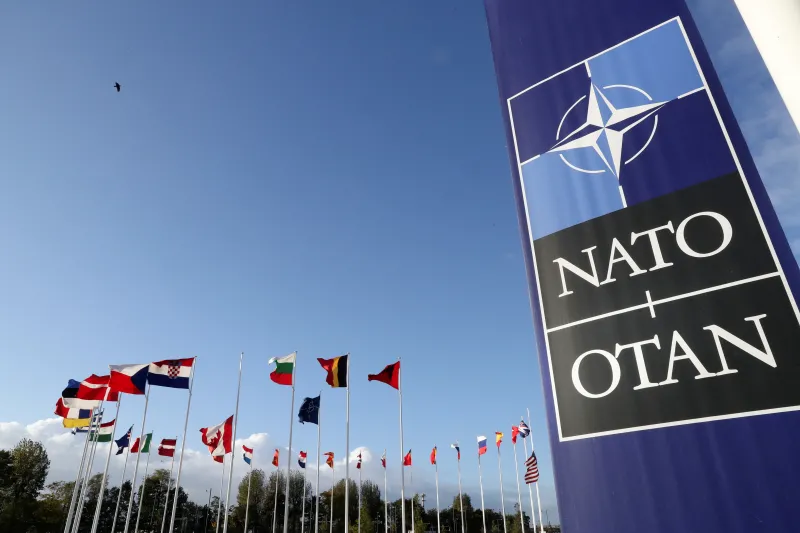
The proposal’s objective was to facilitate seamless intelligence sharing among these nations, enabling India to access advanced military technology with reduced delays. Nevertheless, India’s position reflects its choice to abstain from joining the alliance and instead pursue its defense and security interests autonomously.
This rejection is significant, particularly considering that the proposal emerged just before Prime Minister Narendra Modi’s visit to the United States. It indicates that India has a distinct approach to its defense and security strategies, and it remains committed to pursuing its own path rather than aligning with NATO or similar military alliances.
Strategic Aims behind US Proposal
The United States has expressed the belief that India should join NATO in order to safeguard its borders against China and bolster global security in countering Chinese aggression in the Indo-Pacific region. The Congressional Committee recommended the inclusion of India in NATO Plus security arrangements to strengthen ties between the US and its allies and security partners.
It emphasized the need to enhance global security and deter the Chinese Communist Party’s (CCP) aggression in the Indo-Pacific region, particularly in light of the strategic competition and security concerns related to Taiwan.
Furthermore, the committee proposed that the US should support Taiwan’s participation in international organizations and make amendments to the TAIPEI Act to ensure public opposition to any attempts by the CCP to manipulate UN Resolution 2758 or exploit the United States’ One China Policy under the garb of resolving Taiwan’s sovereignty.
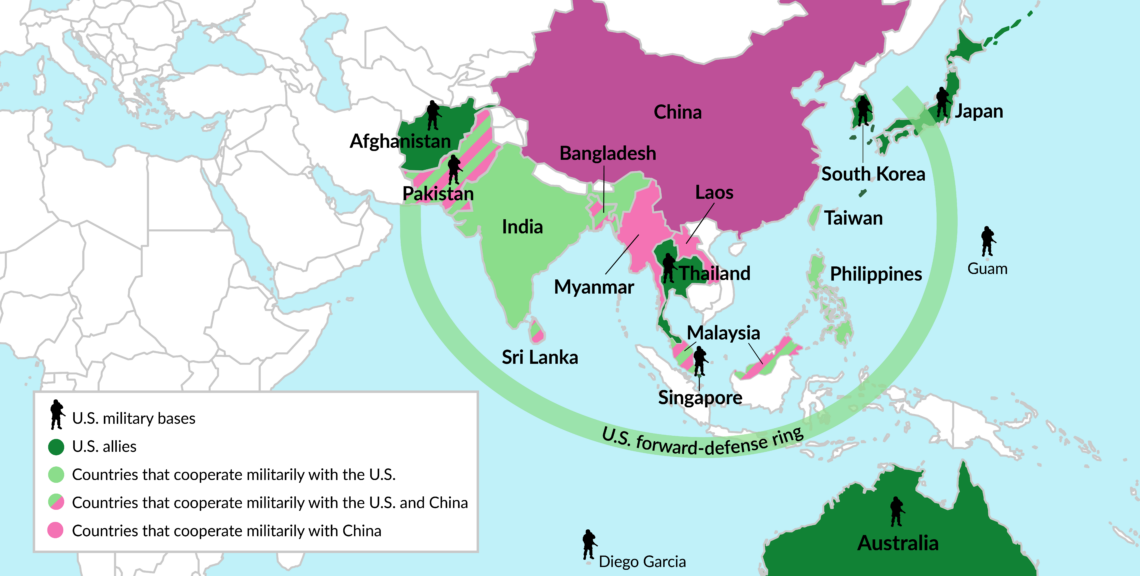
These recommendations reflect the United States’ strategic approach to strengthening alliances, expanding security partnerships, and addressing regional challenges in the Indo-Pacific, particularly in relation to China.
Why has India refused?
Defying the recommendation made by the US Congressional Committee, India believes it possesses the capability to effectively address and counter any Chinese aggression on its own without the need to join an alliance such as NATO.
Jaishankar pointed out that the geographical separation between India and China, with the Himalayan region acting as a significant barrier, currently makes it impractical for India to join NATO or any similar alliance.
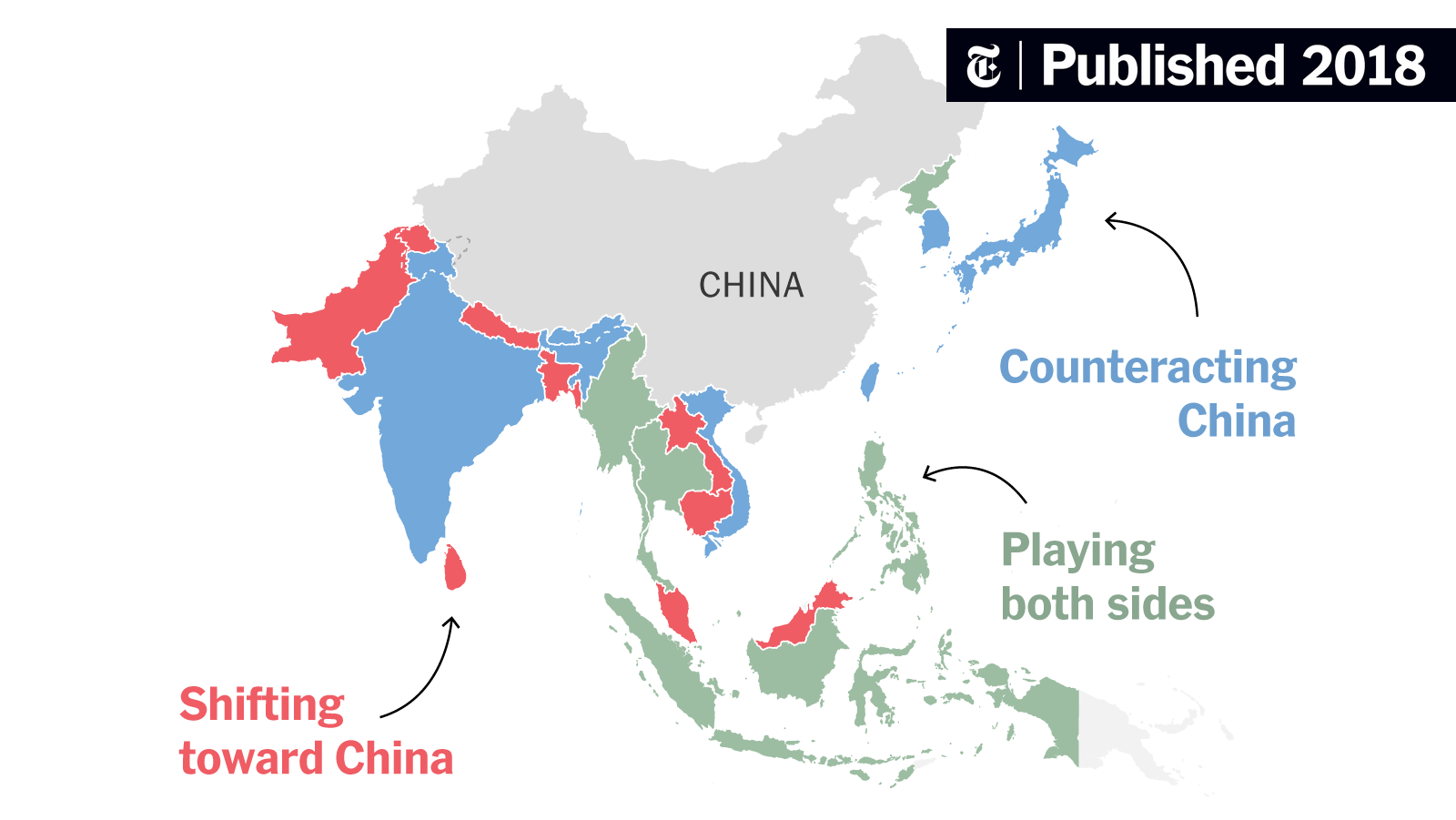
Furthermore, he underscored the ongoing Chinese economic crisis, including declining exports and imports, which weakens the argument for India to join NATO as a means to counter Chinese aggression.
On China and Pakistan
During his statements, Minister Jaishankar emphasized that India has effectively de-legitimized cross-border terrorism originating from Pakistan. He also highlighted India’s adept handling of Chinese incursions along its northern borders.
In addition, he discussed various aspects of Indian foreign policy and its relations with key nations and approach to managing diverse situations, emphasizing India’s stance on tackling security challenges and its diplomatic engagements with global partners.
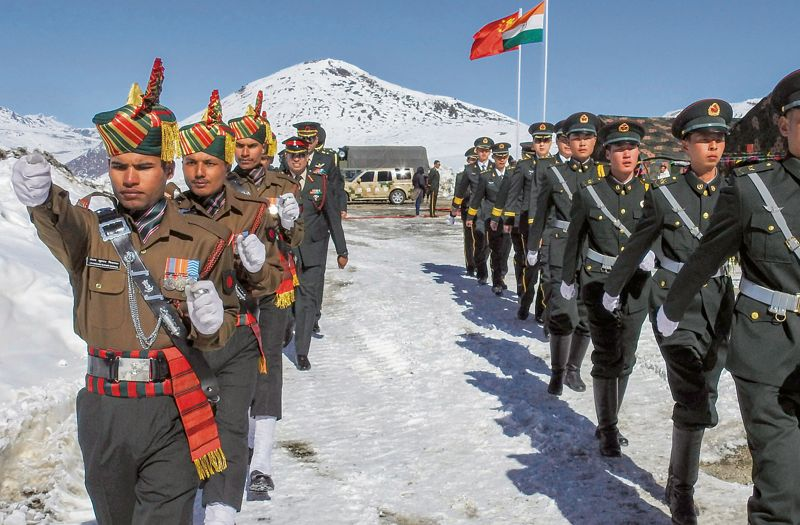
The minister strongly reaffirmed India’s commitment to not be influenced by coercion, inducements, or false narratives and restated India’s longstanding position of normalizing ties with China which would only be possible once the border issue is resolved. This underscores India’s unwavering stance on the need for a resolution to the border dispute in order to establish a foundation for improved relations between the two countries.







